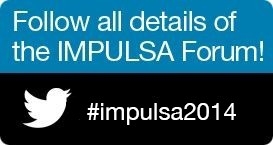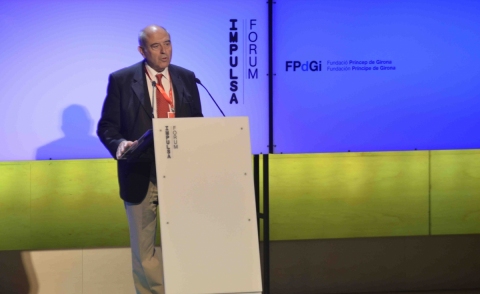I am an indignant educator. I believe what we are doing with young people is indecent; we can solve the problem, the excuse of not having money is not valid.
Starting with the 4% of GDP invested in education, the difference is not in the investment, but rather in the management of what is invested. Management comes in practical intelligence, that which is able to solve practical problems.
The world is becoming globalized, sustained by new technologies, competitive on a global scale, with vast opportunities for whoever wishes to take advantage of them, but with a lot of problems for those who remain on the outside.
The wealth of nations is not in raw materials or industries; it is in talent. Our new educational borders lie in creating talent in our new societies, a triumphant intelligence, in providing solutions with sufficient tenacity. We must understand that talent is the end of education, not the beginning. Neuroscience is carrying out a lot of research that can be applied to education.
Every time we learn, a genetic change takes place. The debate over whether or not we are born gifted with the capacity for talent or learning is old and is false. The idea our children have of what intelligence is, if it is natural-born or acquired, determines the general focus they have of the educative phenomenon.
There are two types of information teachers must transmit. Instruction is the academic knowledge that must be learned. And then there are emotional and social habits, which will allow the child to face real-life situations. The head and the heart must go hand in hand. We must encourage useful feelings, constructive actions on the part of young people, so they know how to control their behavior. This is not a utopia.
How can this mechanism that generates feelings be activated?
1. Hope depends on a system of beliefs about the world and about whether or not the future can be changed, about the concept of possibility. If children believe that what they do is useless, they will become apathetic. We must transmit to them the idea that anything is possible.
2. Promote the awareness of children’s competence to face reality. A new children’s right must be recognized: the deserved experience of success, because it is so fantastic that they’ll want to do it again. And if they fail and feel bad, it is the teacher’s job to redirect the situation.
3. We need to configure memories with high-speed networks to offer a creative context.
Apart from individual talents, we must work with collective talent. The intelligence of a society is its capacity to create social capital. And from there we can develop our individual talent.
In the face of the complexity of the problems, we sometimes have the sensation that what we do is very small, the daily grind absorbs us. But we must recover our awareness of acting in the world, because we are involved in a big project, which is to humanize society.







